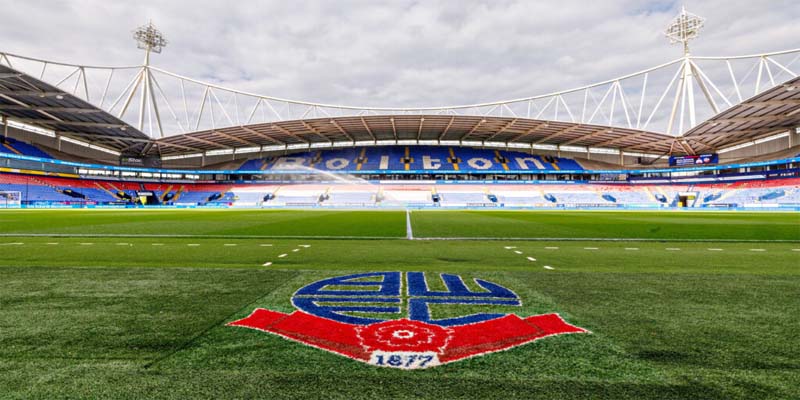Bolton Wanderers FC is a club steeped in rich history and tradition, embodying the spirit and passion of English football. Founded in the late 19th century, the club has traversed through various eras of the sport, gaining both acclaim and challenges along the way. This post will explore the fun 88 multifaceted journey of Bolton Wanderers FC, from its inception to its current standing in the football landscape.
Introduction to Bolton Wanderers FC
The story of Bolton Wanderers FC is one that captures the essence of community, resilience, and evolution in the world of professional football. Established in 1874, Bolton’s roots run deep within the fabric of its local community, reflecting the town’s industrial heritage and cultural significance. The name ‘Wanderers’ signifies a team that began as an amateur side, showcasing the democratic nature of sport at a time when competition was often limited to certain classes.
Over the years, Bolton Wanderers FC has become synonymous with thrilling matches, passionate fans, and notable triumphs. From their historic ground at the University of Bolton Stadium, formerly known as the Reebok Stadium, the team has witnessed thousands of exhilarating moments that have left an indelible mark on both supporters and players alike.
As we delve deeper into the narrative surrounding Bolton Wanderers FC, we will uncover the club’s extensive history, key achievements, recent progress, and the current dynamics within the football leagues.
History and development of the club
The inception of Bolton Wanderers FC was rooted in camaraderie and communal spirit. Initially founded as Christ Church FC, it later adopted the name Bolton Wanderers to reflect its more informal, wandering character. As the late Victorian era unfolded, so did the club’s potential, leading to notable milestones that shaped its legacy.
Early Years: Establishment and Growth
In the early years, Bolton Wanderers played in local competitions, gradually gaining recognition for their exciting style of play. The club joined the Football League in 1888, competing against other burgeoning teams. The first significant trophy came in 1923 when they claimed the FA Cup, defeating West Ham United in a memorable final at Wembley Stadium – a match famously known as the “White Horse Final.” This victory marked the beginning of a new chapter in the club’s history.
The club’s identity flourished through the 1930s and 1940s, as they established themselves as a formidable force in English football. Signature players like David Jack, who was the first player to score a hat-trick in an FA Cup final, became icons of the game. The club’s affiliation with the town of Bolton transformed into a deep-rooted bond as the community rallied behind their team.
The Post-War Era and Success
The post-war period brought about an era of renaissance for Bolton Wanderers FC. They enjoyed a successful stint during the 1950s, cementing their status as top contenders in both domestic and European competitions. Under the guidance of manager Bill Ridding, Bolton made waves in the league while also achieving remarkable success in cup tournaments.
One of the standout moments from this era was reaching the FA Cup final three times in just seven years, ultimately securing the title in 1958. The club’s success during this time not only garnered silverware but also instilled a sense of pride in the community, bringing together generations of fans who celebrated the club’s achievements.
Transition into Modern Football
As football transitioned into a more commercialized model in the late 20th century, Bolton Wanderers FC navigated the ups and downs of financial pressures and competitive changes. Despite facing relegations and promotions throughout the 1980s and 1990s, the club demonstrated resilience by bouncing back stronger than ever.
Entering the Premier League in 2001 marked a pivotal moment in the club’s history, and under the management of Sam Allardyce, they experienced their most successful spell since the club’s formation. The blend of tactical discipline and physical prowess characterized the team’s style, earning them respect in the top tier of English football.
Conclusion
Bolton Wanderers FC embodies a storied legacy of triumphs, tribulations, and above all, an enduring connection with its community. The club’s history is woven with tales of glory, unforgettable matches, and cherished moments that transcend generations.


